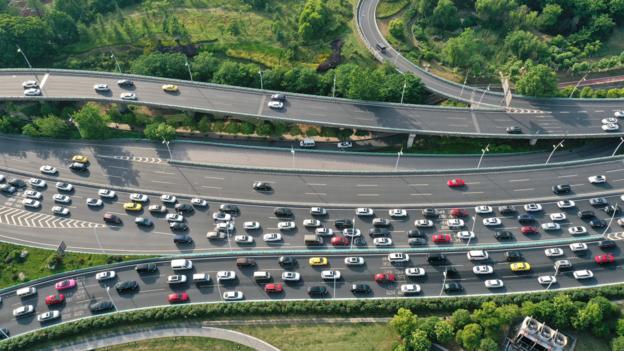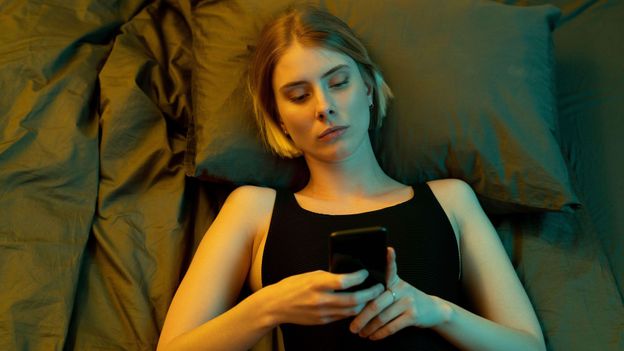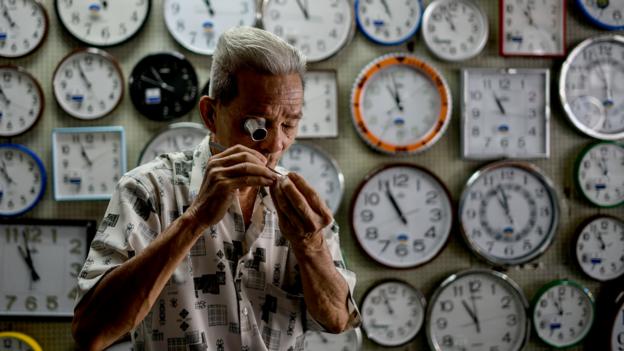Reflection is particularly helpful on the evening commute, after the working day is done. And then of course, the mind casts forwards to plan the evening, when you come up with a good way of preparing those leftovers, or a way to slip vegetables into your fussy child’s meal. “That’s the sort of time travelling that happens during boredom and during mind wandering,” says Zomorodi. “I think that in-between time is very vital.”
The surprising things we miss
That time is prized by people who commute by car, too. Until the virus prevented her journey, Californian Jennifer Wittert would travel from her lakeside community in Calabasas to her office in West Los Angeles where she works as a clinical psychologist. That commute, taking 75 minutes each way, could be stressful, especially with the heavy traffic on the Interstate 405.
And yet Wittert misses the sanctuary of her car in the morning where she would have her breakfast and listen to either audiobooks or music. Bluetooth technology in the car also allowed her to catch up on calls and messages, which helped her to manage her time more effectively. But with the commute suspended, Wittert feels like she is “losing that internal locus of control”.












